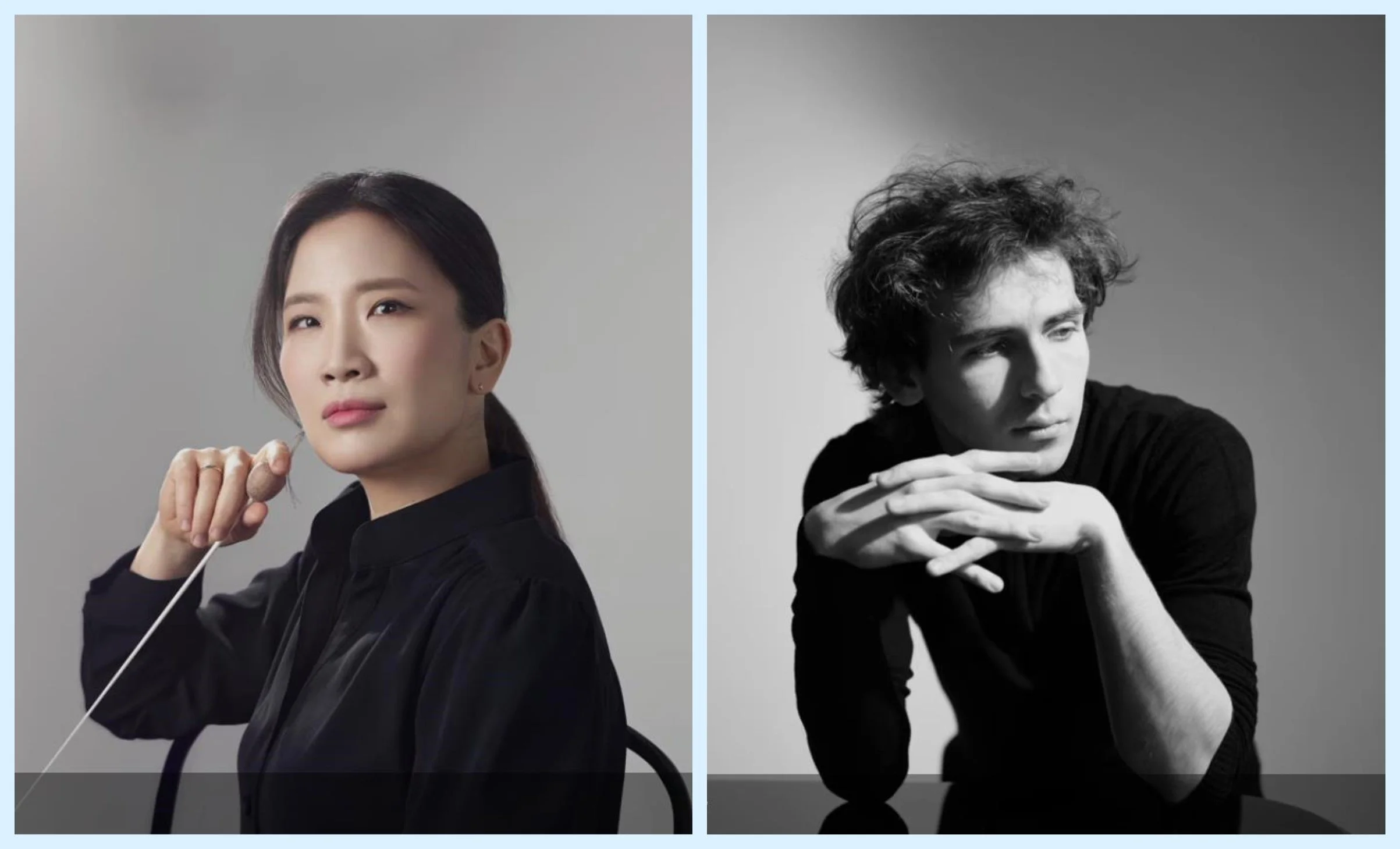One Week After L.A.’s Devastating Fires, Concerts Resume and Spirits Lift
/By Truman C. Wang
1/30/2025
The first month of 2025 has been a mensis horribilis for Los Angeles. The worst wildfires in California history burned hillside homes and communities, and powerful windstorms felled trees and spread smoke and ashes to the entire Greater L.A. region. Understandably, concerts got cancelled or repurposed as charity events for the newly homeless fire victims. The Colburn School of Music gave away free tickets to first responders and fire victims; the L.A. Phil gave an inspirational pre-concert lecture (on 1/26) by Prof. Kristi Brown-Montesano, drawing an apposite analogy between Rachmaninoff’s loss of homes and the current events.
After a week of silence, concerts at the Disney Hall resumed on January 18 with Beethoven & Tchaikovsky. The conductor was Philippe Jordan, from Switzerland, and pianist Yefim Bronfman. Together they gave a scintillating, impassioned reading of Beethoven’s Fifth Concerto that did a lot to uplift the somber mood of the audience, many of whom directly or indirectly impacted by the fires. Bronfman impressed with his customary playing of great power and noble phrasing, adding a touch of fantasy in the brilliantly articulated cadenzas. The orchestra musicians, particularly the winds, responded with sweeping and lyrical accompaniment. Tchaikovsky’s Sixth Symphony was published in 1893 with the “Pathetique” moniker, which in Russian means “passionate or emotional” (but not sad), and that’s exactly the account given by conductor Jordan – a sensitive, emotional roller coaster ride from the dizzying highs of the first movement (its climax quoting Russian Orthodox requiem on the tuba), via the militantly defiant scherzo, to the dark depths of the adagio finale (which Richard Taruskin called “a symphonic suicide note”; Tchaikovsky died 9 days after the work’s premiere.)
The following week, January 26, the popular Korean conductor Eun Sun Kim, from San Francisco Opera, came to conduct a Rachmaninoff program and did so brilliantly, putting her firmly in line with a shortlist of candidates to succeed Dudamel in 2026. Her gestures on the podium were small, precise in a show of grace and pace – a perfect fit for Rachmaninoff’s lean and mean late style. The Third Symphony was given a stirring and focused reading, despite the music’s tendency to meander, and featured memorable clarinet playing. The ever-popular “Rhapsody on a Theme by Paganini” was most memorably performed by French pianist Alexandre Kantorow, who brought virtuosity and nuance to its 24 variations, navigating the passages with technical mastery while stamping each variation with his own unique personality. He found an ideal partner in the orchestra’s elegant and mercurial playing.
Nico Muhly's Concerto Grosso received its world premiere this week, a vibrant and dynamic new work for orchestra and a motley crew of percussion, cello, flute and trombone. Muhly’s intricate textures and shifting rhythms showcased the orchestra’s versatility, with conductor Kim deftly guiding the musicians through its complex layers. The four soloists, all members of the LA Phil, did a yeoman’s job of making the unusual combination sound quite intelligible, if not always pleasant.
Truman C. Wang is Editor-in-Chief of Classical Voice, whose articles have appeared in the Pasadena Star-News, San Gabriel Valley Tribune, other Southern California publications, as well as the Hawaiian Chinese Daily. He studied Integrative Biology and Music at U.C. Berkeley.



